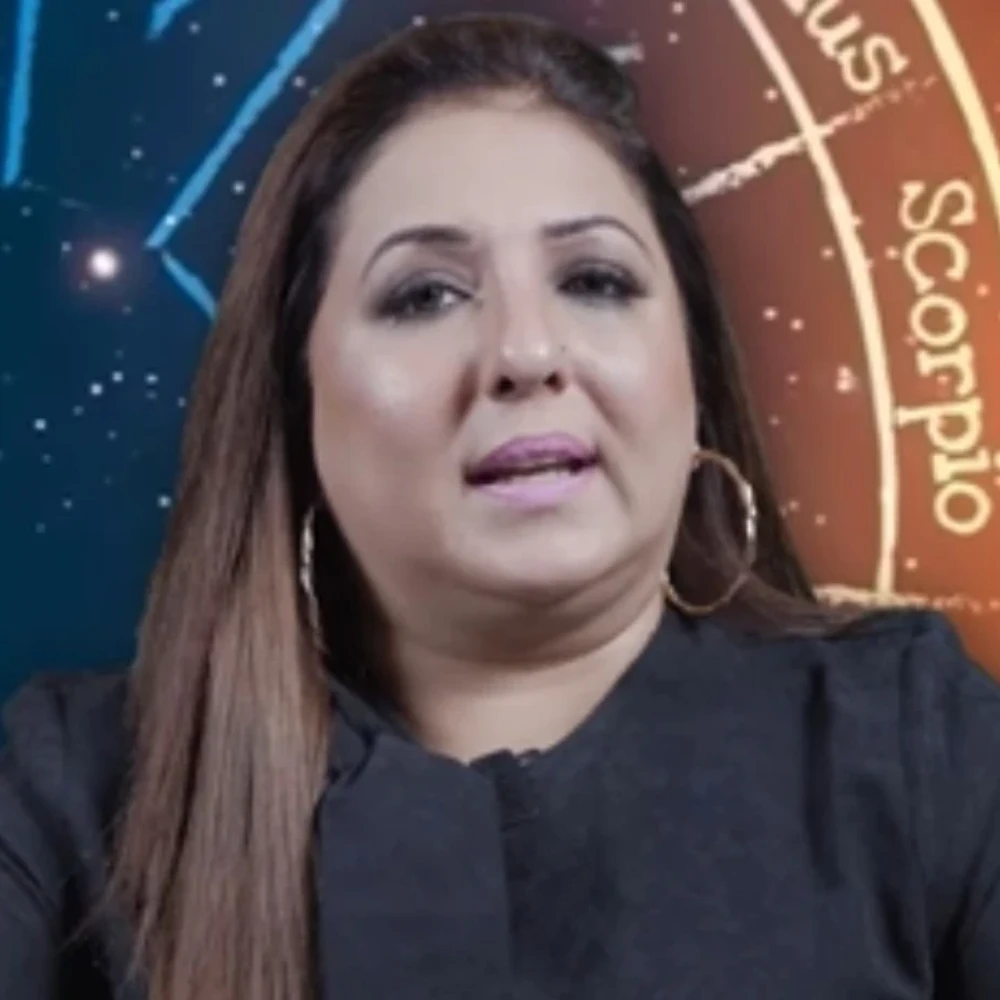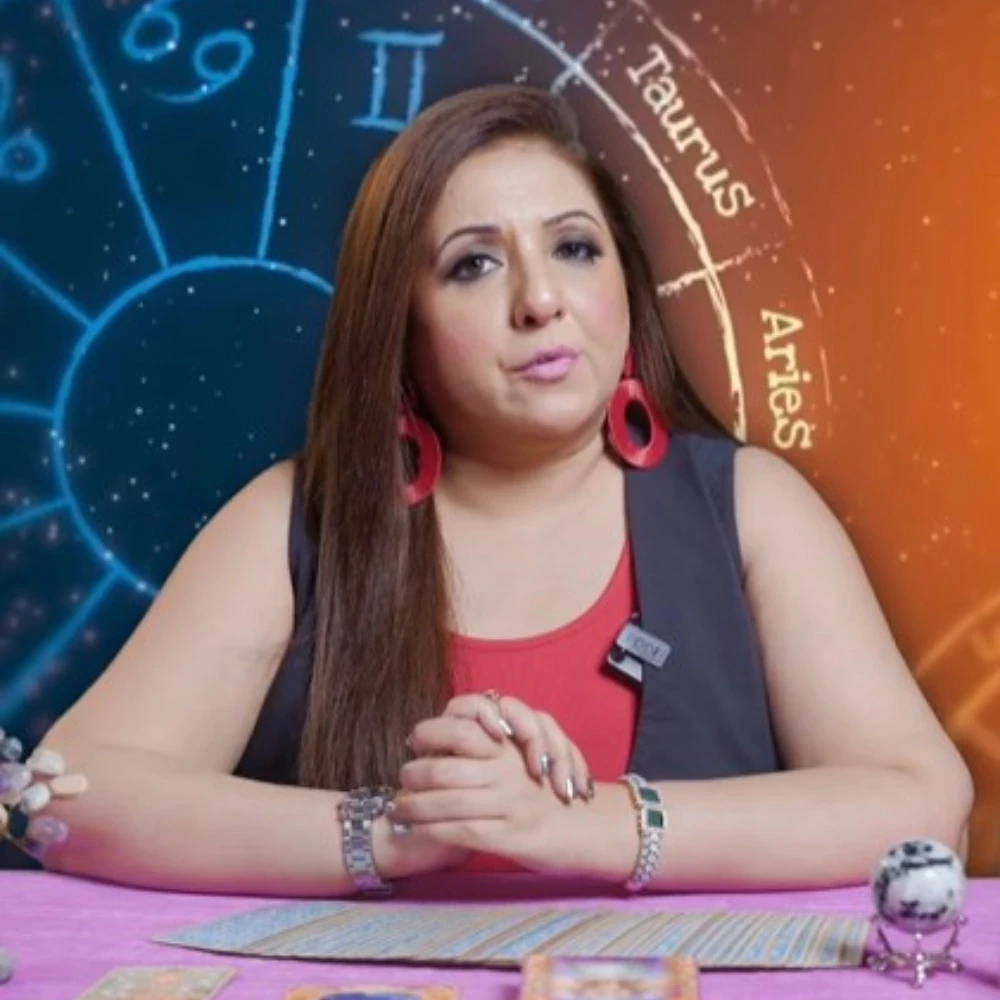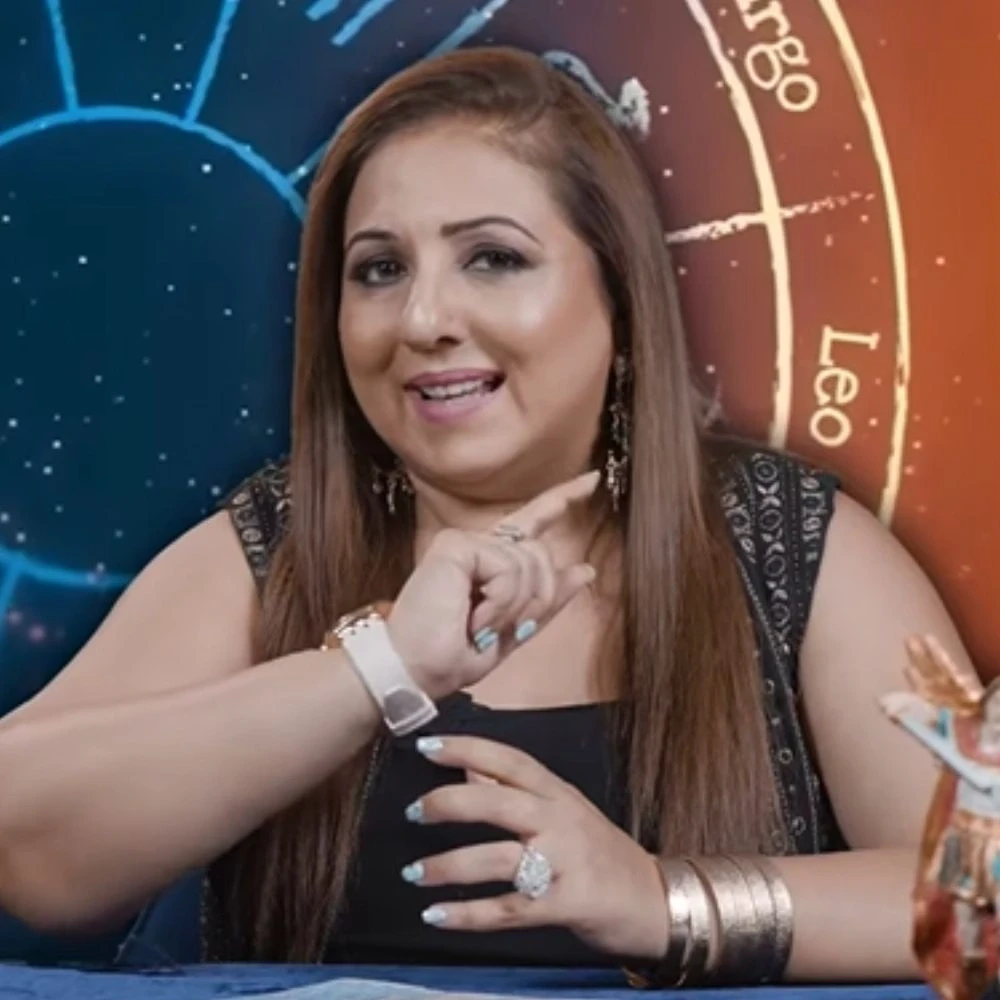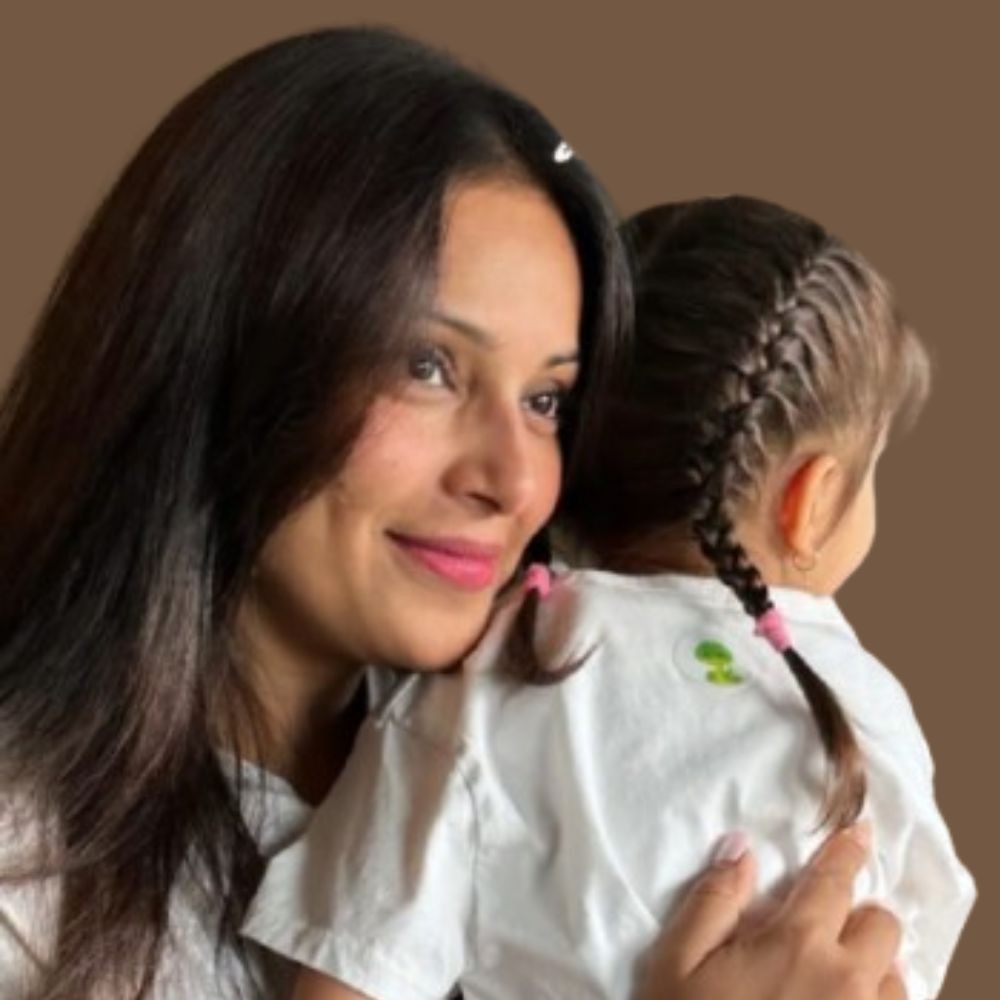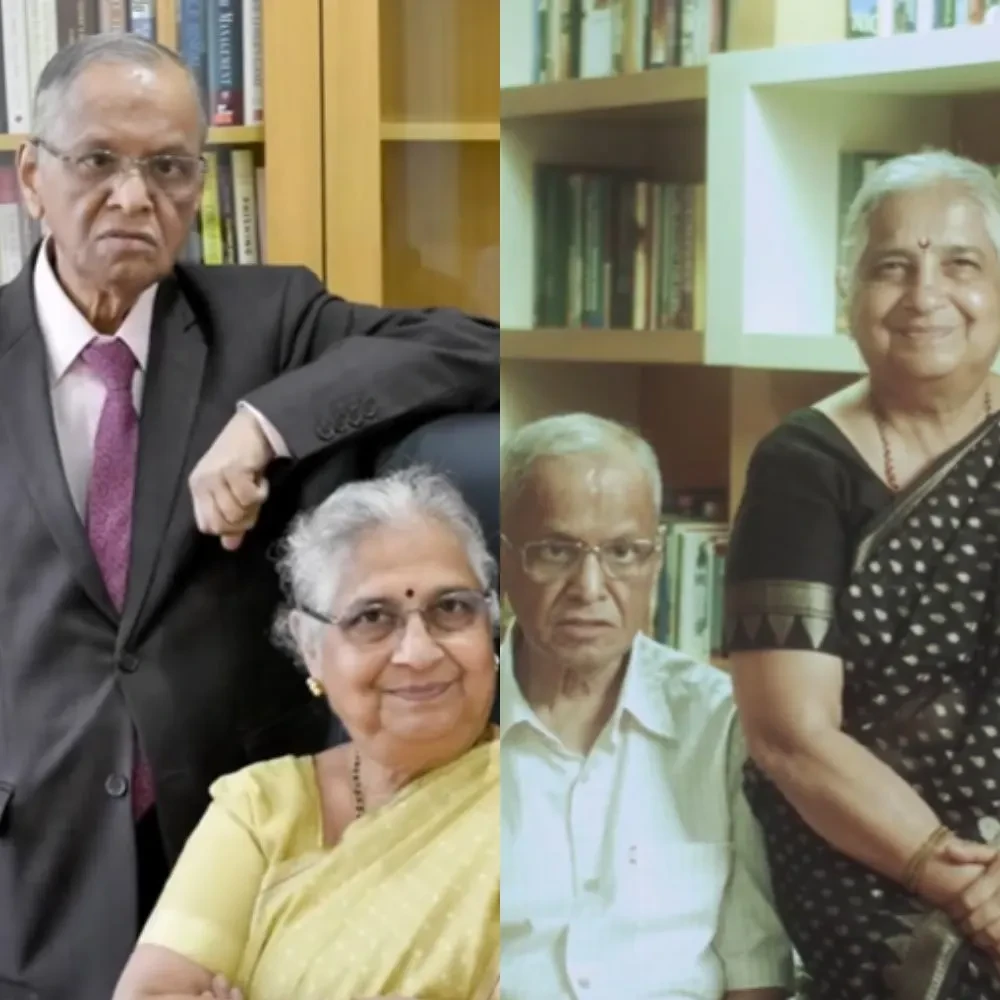25 Signs of Parental Emotional Abuse: Unmasking the Silent Pain
Discover the telltale signs of parental emotional abuse. Learn to recognize the harmful behaviors affecting children's mental health and ways to prevent it.

In the quiet corners of our homes, behind closed doors, and beneath the facade of a seemingly normal family life, a pain often goes unnoticed. This silent tormentor grows in covertness, making it critical to recognize the clear signs of parental emotional abuse. It's a pain that doesn't leave prominent marks, yet the scars it causes might be more profound than we realize. The haunting specter of parental emotional abuse—a painful reality that affects countless individuals, young and old alike.
This article glances into familial relationships, revealing the signs of emotional abuse from parents. Many individuals endure this harsh reality unaware of the dynamic chains that bind them and the lasting scars. However, it is worth talking about, as only by shedding light on these hidden wounds can we begin the healing process. If you or someone you care about is imprisoned in a downward spiral of parental criticism, delve on this journey with us as we discuss the abusive nature, its signs, and how to mediate from such a situation.
What is Emotional Abuse from a Parent?

Emotional abuse from parents refers to a harmful pattern of behaviors and interactions where a child is subjected to consistent and damaging emotional mistreatment by their caregivers. This form of abuse can manifest through various signs of an abusive parent, including constant criticism, belittling, name-calling, manipulation, and emotional neglect.
Children of psychological violence from parents often endure relentless psychological harm that can leave lasting scars, impacting their self-esteem, mental well-being, and relationships. If you're wondering, "Are my parents emotionally abusive?" It's essential to seek guidance and support, as recognizing the parental emotional abuse and addressing the toxic parents is a critical step towards healing and breaking the cycle of harm.
Understanding the Different Types of Emotional Abuse by Parents

Emotional abuse by parents, often synonymous with an emotionally abusive father or mother, encompasses various forms of psychological mistreatment that can profoundly affect a child's well-being and emotional development.
1. Verbal Abuse

Emotional child abuse frequently employs harsh language, insults, and belittling comments to demean their children. They may criticize their appearance, intelligence, or worth, eroding the child's self-esteem.
2. Constant Criticism

Mental abuse from a parent is often found in toxic criticism, nitpicking and finding fault in everything their child does. This constant negativity can make the child feel worthless and incapable.
3. Manipulation

In emotional abuse, parents may use manipulation tactics such as guilt-tripping, gaslighting, or playing mind games to control their child's thoughts and actions. This manipulation can leave the child feeling confused and powerless.
4. Neglect

Those parents consistently ignore a child's emotional needs and fail to provide love, affection, or support. This can create feelings of abandonment and inadequacy.
5. Isolation

Emotional abuse may isolate the child from friends and family, limiting their social interactions and support networks. This isolation can lead to feelings of loneliness and dependence on the abusive parent.
6. Threats And Intimidation

Emotionally abusive parents may use threats, intimidation, or aggressive behavior to instill fear in their children. This constant fear can lead to anxiety and emotional trauma.
7. Parentification
In some cases, mentally abusive parents may reverse roles, expecting their child to provide emotional support and care for them, burdening the child with adult responsibilities they are not equipped to handle.
8. Conditional Love

Abusive parents may use love and affection as a reward for compliant behavior and withdraw it as a punishment for perceived disobedience. This conditional love can create confusion and anxiety in the child.
9. Silent Treatment

Emotionally abusive parents may use the silent treatment as a form of punishment, withholding communication and emotional connection to exert control and instill guilt.
Recognizing these types of family emotional abuse is the first step toward breaking free from the cycle of abuse. If you or someone you know is experiencing mental abuse from parents, seeking support and professional help can be essential in healing and building a healthier, more nurturing environment.
Unmasking 25 Signs of Parental Emotional Abuse

1. Constant Criticism

This involves enduring a relentless barrage of negative comments, criticism, or insults about various aspects of your life. These criticisms may target your appearance (e.g., your body, clothing), abilities (e.g., intelligence, skills), or character (e.g., being labeled as lazy or worthless). The purpose of constant criticism is to erode your self-esteem and self-worth, making you feel inadequate and insecure.
2. Verbal Belittling

In cases of verbal belittling, you are consistently made to feel small, insignificant, or worthless through derogatory language and demeaning remarks. Signs of verbal abuse from parents can include being told that you're "stupid," "useless," or "pathetic." Verbal belittling is meant to undermine your confidence and make you doubt your capabilities.
3. Name-calling

An outrageous parent may engage in name-calling by frequently using derogatory names or labels to hurt and degrade you. These names can range from hurtful insults to offensive slurs. Name-calling is intended to inflict emotional pain, humiliation, and a sense of worthlessness.
4. Yelling And Shouting

Experiencing frequent episodes of yelling, shouting, or screaming directed at you in anger or frustration can be incredibly distressing. These signs of abusive parents' aggressive behavior create a hostile and intimidating environment, causing fear and anxiety in the child.
5. Blaming
A toxic parent habitually blames you, even when you are not responsible for problems or issues. This form of manipulation involves shifting the responsibility for their actions or problems onto you. It can lead to feelings of guilt and unwarranted self-blame.
6. Gaslighting

Gaslighting is a sign of mental abuse from parents' insidious emotional abuse. It involves manipulating your perception of reality by denying or distorting facts, making you doubt your memory, perception, or sanity. They may claim that events never happened, that you're imagining things, or that you're overly sensitive, leaving you confused and doubting your reality.
7. Isolation

Disparaging parents may isolate you by preventing you from seeing friends and family, limiting your social interactions, or attempting to control who you can and cannot communicate with. This signifies an emotionally abusive parent's control over you and reduces your support network, making it harder for you to seek help or escape the abusive situation.
8. Silent Treatment

Silent treatment is a tactic few parents use to exert control and manipulate their kids. It involves deliberately giving them the cold shoulder and refusing to communicate or engage with them emotionally for prolonged periods. This emotional trauma from parents can be a form of punishment, leaving them feeling isolated, rejected, and anxious about their parents’ sudden emotional withdrawal.
9. Threats

Toxic parents may use threats as a means of controlling their offspring. These threats can take various forms, including threats of physical harm, abandonment, or other severe consequences if kids don't comply with their demands or wishes. Such threats create fear and anxiety, forcing you to comply out of fear rather than choice.
10. Intimidation

Intimidation involves using aggressive behavior, gestures, or expressions of anger to create a climate of fear and insecurity. Abusive parenting may use their physical presence or loud, aggressive behavior to make you feel threatened and frightened. The goal is to make you compliant through fear.
11. Sarcasm
Frequent use of sarcasm, mockery, or taunting is another way emotional abusers belittle and undermine their teenagers. They may use sarcasm to mock their kid's opinions, actions, or vulnerabilities, making them feel foolish and insecure. Sarcasm can be used as emotional abuse of children.
12. Humiliation
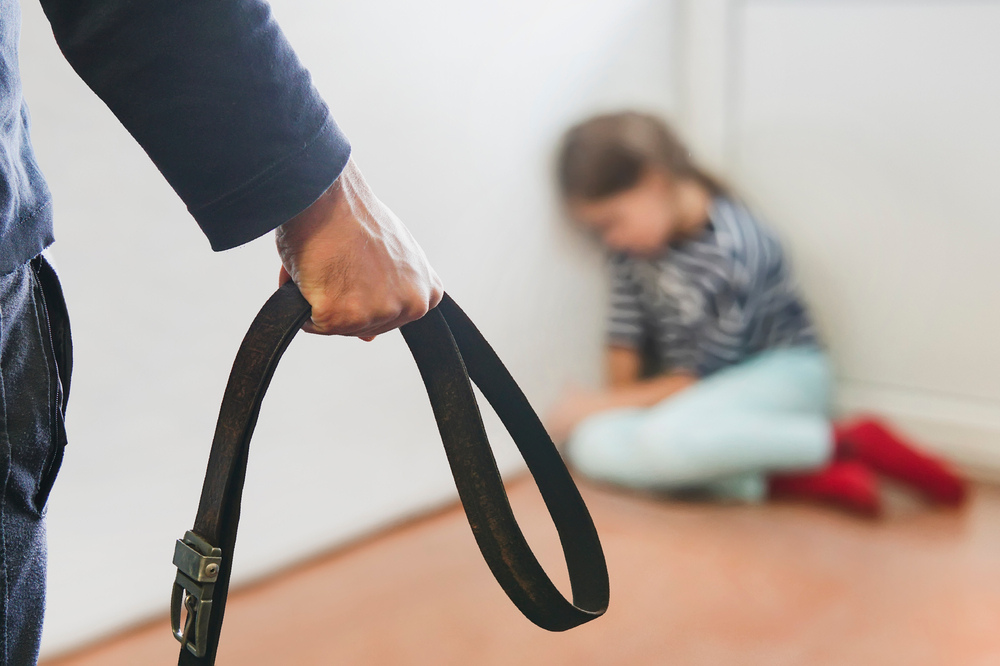
Some parents often resort to public humiliation, which involves embarrassing, shaming, or ridiculing you, especially in front of others. This behavior is aimed at diminishing a child’s self-esteem and self-worth, as well as exerting control over you through humiliation.
13. Control
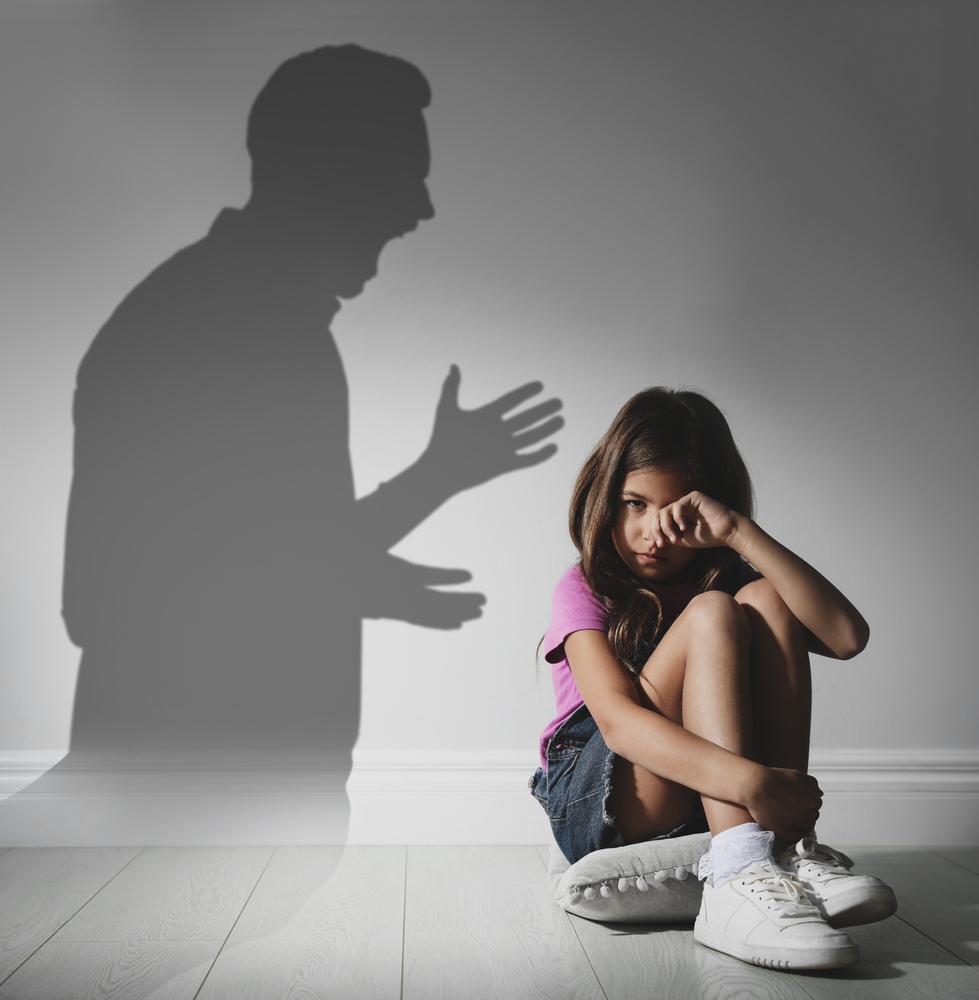
Parents often seek to control every aspect of their little ones’ lives. They may micromanage their actions, choices, and decisions, leaving them with limited autonomy. This control can extend to areas like finances, social interactions, and even personal boundaries. The signs of emotionally abusive parents make a child entirely dependent on their parents for guidance and approval.
14. Invalidation
Invalidation by parents is a significant sign of emotional abuse where a child’s feelings, thoughts, and experience are consistently dismissed or ignored. It might entail parents rejecting their offspring’s emotions, denying their true nature or making them feel meaningless or overblown.

Parents often seek to control every aspect of their little ones’ lives. They may micromanage their actions, choices, and decisions, leaving them with limited autonomy. This control can extend to areas like finances, social interactions, and even personal boundaries. The signs of emotionally abusive parents make a child entirely dependent on their parents for guidance and approval.
15. Manipulative Love

This involves the parent using love, affection, or attention as a reward and punishment. When you comply with your parent’s wishes or demands, they may show you love and respect. However, if you resist or assert your independence, they withdraw their affection and emotional support. This manipulation can make you feel like you have to earn love through compliance, leading to a cycle of control and emotional dependency.
16. Unpredictability

A parent often exhibits unpredictable mood swings and actions, creating a constant atmosphere of fear and anxiety. You never know when your parents might become angry, lash out, or behave irrationally. This unpredictability keeps you on edge, walking on eggshells to avoid triggering their anger or displeasure.
17. Excessive Jealousy
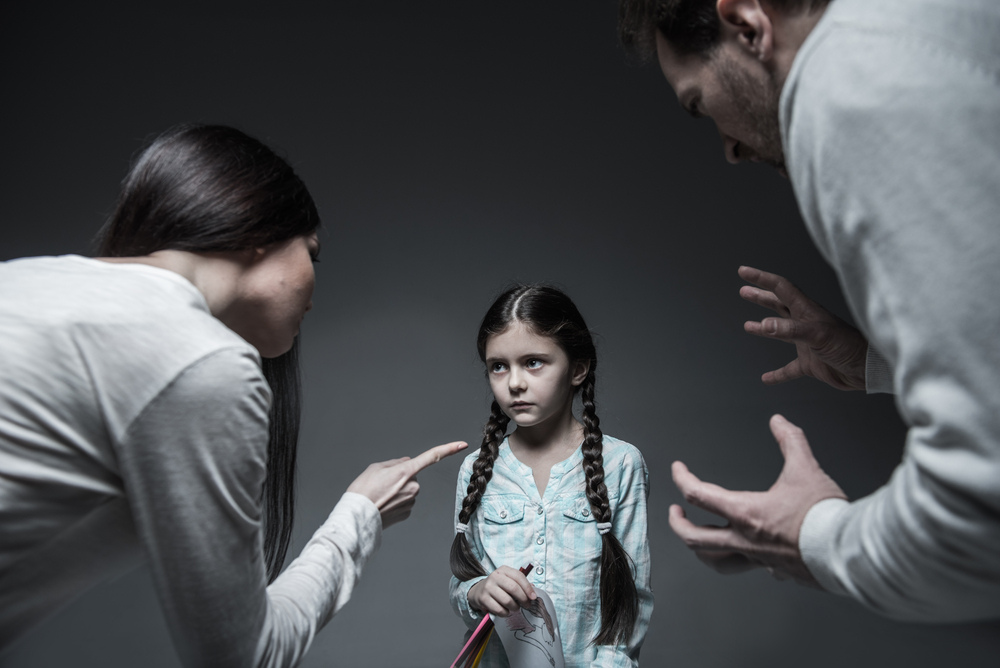
Your parents may accuse you of infidelity or disloyalty without any evidence to support their claims. This baseless suspicion can lead to possessiveness, control, and jealousy. They may try to isolate you from friends or monitor your interactions to maintain control over your social life.
18. Financial Control

Another sign of emotional abuse by parents is controlling access to money or resources. They may restrict your access to finances, closely monitor your spending, or control your access to bank accounts. This financial control can make you feel dependent on them for basic needs, making it difficult to leave the toxic situation.
19. Blame-shifting

Emotional abusers often refuse to take responsibility for their actions and behaviors. Instead, they shift blame onto you or others, even when they are clearly at fault. This tactic can lead to guilt and self-blame, making it challenging to recognize that you are not responsible for the abuser's actions.
20. Excessive Demands

Your parents may place unreasonable or unrealistic expectations and demands on you that are impossible to meet. These demands can be related to parental psychological abuse, which sets you up for failure, making you feel inadequate and constantly anxious about not meeting their standards.
21. Cruelty to Animals Or Siblings

Abusing pets or siblings to manipulate a child's emotions is a distressing form of abuse. Parents may harm animals or siblings in front of the child, causing fear, guilt, or compliance, leading to a traumatic environment.
22. Withholding Affection

They may withhold love, support, or physical affection as punishment. Parents intentionally deprive you of emotional closeness and intimacy to make you feel rejected and unloved. This withholding can lead to feelings of loneliness, worthlessness, and emotional pain.
23. Constant Monitoring

Parents can obsessively monitor your actions and movements, including online activities and phone usage, to maintain control and prevent you from seeking help or support. They may track social media, text messages, or phone calls, making you feel emotionally abused in the family.
24. Unwanted Advances
Unwanted advances or coercion are forms of child abuse that violate a child's physical and emotional boundaries, leading to severe psychological consequences such as shame, guilt, and trauma, affecting their emotional well-being.
25. Suicidal Thoughts Or Self-harm
Emotional abuse can severely impact a child's mental and emotional well-being, leading to self-destructive behaviors like self-harm or suicidal thoughts. Constantly turmoil, criticism, and isolation from abusive parents can erode a child's sense of self-worth, necessitating immediate intervention and support.
Exploring the Impact of Emotional Abuse on Children

Emotional abuse by parents leaves deep and lasting scars on a child's psyche, affecting every aspect of their emotional and mental well-being. The impacts of such abuse are multifaceted and can manifest in numerous ways throughout a person's life. Children subjected to emotional abuse often grow up with severely diminished self-esteem, constantly second-guessing their worth and abilities due to the relentless criticism, belittling, and derogatory comments they endure.
This can lead to profound self-doubt, self-blame, and difficulty forming healthy relationships, as they may struggle to trust others and constantly fear rejection or criticism. Psychological abuse from parents can contribute to chronic anxiety, depression, and even post-traumatic stress disorder (PTSD) as the emotional turmoil inflicted in childhood continues to haunt them into adulthood. These survivors often find it challenging to express their emotions, may experience emotional dysregulation, and may develop self-destructive coping mechanisms, such as self-harm or substance abuse, to numb the pain.
Moreover, teenage emotional abuse by parents can affect academic and career success, as persistent psychological distress can interfere with concentration, motivation, and goal attainment. However, with the proper support, therapy, and healing, survivors can gradually regain their self-worth, rebuild their emotional well-being, and break free from the cycle of abuse to lead healthier, happier lives.
Conclusion
Recognizing signs of parental emotional abuse is a painful reality, but it's not alone. You are not defined by the scars left by abuse. Your strength and resilience shine through adversity. Recognizing signs and seeking help is crucial. Recovery is an act of courage, self-love, and a declaration of worth. It's never too late to embark on healing and a loving future.
ALSO READ: Coping with a Toxic Mother: Strategies for Self-preservation And Healing





 JOIN OUR WHATSAPP CHANNEL
JOIN OUR WHATSAPP CHANNEL




























